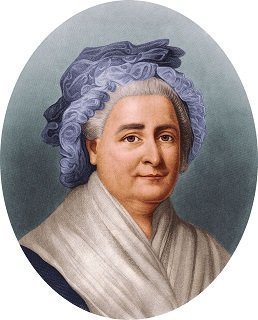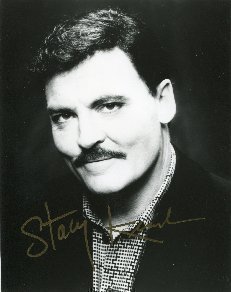A potato chip (North American English and Australian English; often just chip) or crisp (British and Irish English) is a thin slice of potato that has been deep fried, baked, or air fried until crunchy. They are commonly served as a snack, side dish, or appetizer. The basic chips are cooked and salted; additional varieties are manufactured using various flavorings and ingredients including herbs, spices, cheeses, other natural flavors, artificial flavors, and additives.
Potato chips form a large part of the snack food and convenience food market in Western countries. The global potato chip market generated total revenue of US$16.49 billion in 2005. This accounted for 35.5% of the total savory snacks market in that year ($46.1 billion).
History
The earliest known recipe for something similar to today's potato chips is in William Kitchiner's book The Cook's Oracle published in 1817, which was a bestseller in the United Kingdom and the United States. The 1822 edition's recipe for "Potatoes fried in Slices or Shavings" reads "peel large potatoes... cut them in shavings round and round, as you would peel a lemon; dry them well in a clean cloth, and fry them in lard or dripping". An 1825 British book about French cookery calls them "Pommes de Terre frites" (second recipe) and calls for thin slices of potato fried in "clarified butter or goose dripping", drained and sprinkled with salt. Early recipes for potato chips in the US are found in Mary Randolph's Virginia House-Wife (1824) and in N.K.M. Lee's Cook's Own Book (1832), both of which explicitly cite Kitchiner.
A legend associates the creation of potato chips with Saratoga Springs, New York, decades later than the first recorded recipe. By the late nineteenth century, a popular version of the story attributed the dish to George Crum, a cook at Moon's Lake House who was trying to appease an unhappy customer on August 24, 1853. The customer kept sending back his French-fried potatoes, complaining that they were too thick, too "soggy", or not salted enough. Frustrated, Crum sliced several potatoes extremely thin, fried them to a crisp, and seasoned them with extra salt. To his surprise, the customer loved them. They soon came to be called "Saratoga Chips", a name that persisted into the mid-twentieth century. A version of this story was popularized in a 1973 national advertising campaign by St. Regis Paper Company which manufactured packaging for chips, claiming that Crum's customer was Cornelius Vanderbilt. Crum was already renowned as a chef at the time, and he owned a lakeside restaurant by 1860 which he called Crum's House.[10] The "Saratoga Chips" brand name still exists today.
Production
In the 20th century, potato chips spread beyond chef-cooked restaurant fare and began to be mass-produced for home consumption. The Dayton, Ohio-based Mikesell's Potato Chip Company, founded in 1910, identifies as the "oldest potato chip company in the United States". New Hampshire-based Granite State Potato Chip Factory, founded in 1905 and in operation until 2007, was one of America's first potato chip manufacturers.
If you want to read a lot more, go here: https://en.wikipedia.org/wiki/Potato_chip
1937 – Sally Kellerman, American actress and singer (d.2022)
1938 – Ron Ely, American actor

1941 – Stacy Keach, American actor and producer

1944 – Marvin Hamlisch, American composer and conductor (d. 2012)

1948 – Jerry Mathers, American actor and director

















